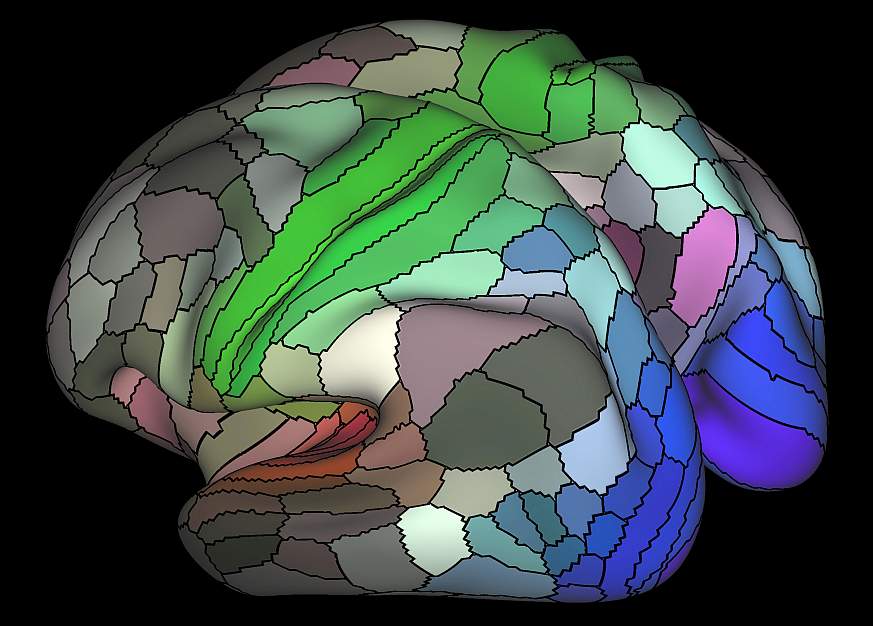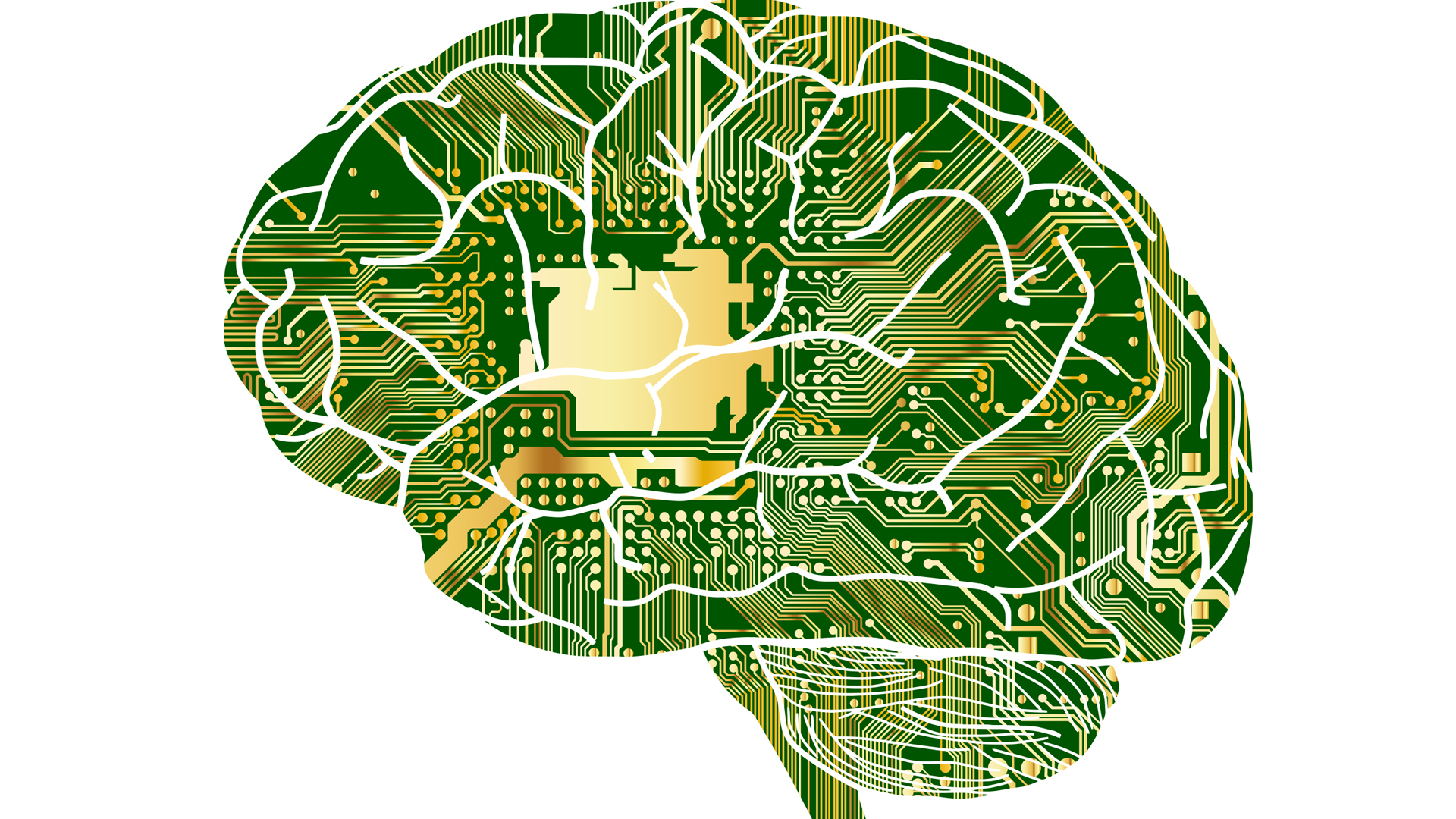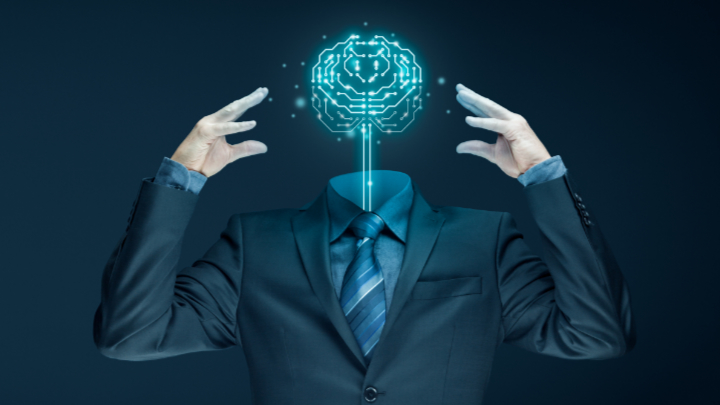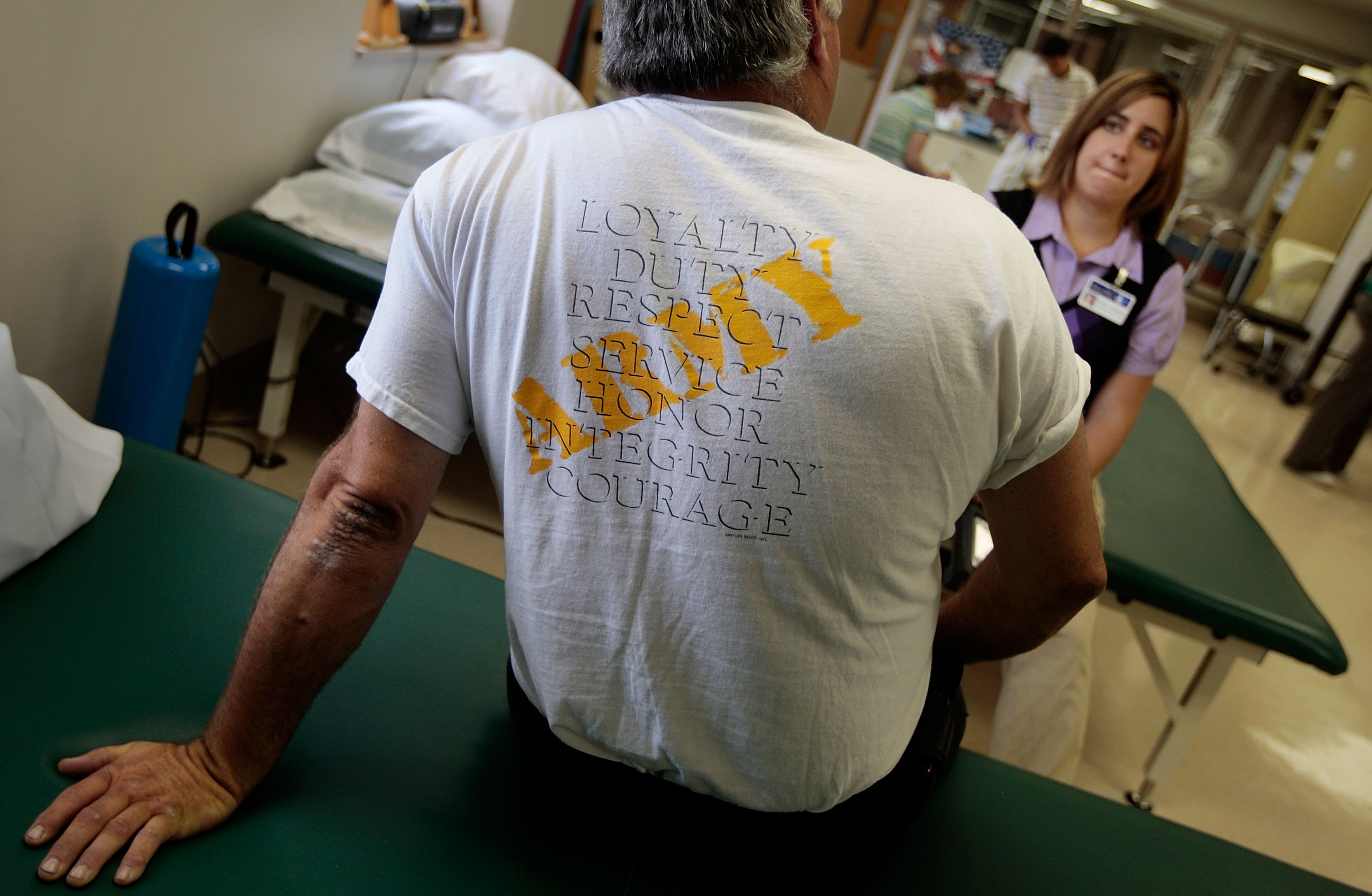Surprising Science
All Stories
Charisma comes down to two things.
NASA and SETI invite the public to nickname a small icy world, or pair of worlds, in the distant Kuiper Belt ahead of a New Horizons 2019 flyby.
These results may someday offer doctors an early warning biomarker for heart disease.
A new survey reveals how satisfied employees of different tech companies are with their pay and whether they’d like to leave.
Does this mean they can read your mind against your will?
A noted Silicon Valley engineer and robotics researcher creates a church worshipping Artificial Intelligence.
A new study links conventionally produced fruits and vegetables to lower odds of live birth.
The man who first demonstrated the power of neural networks introduces capsule networks.
A new study illustrates how marketing affects our memory of what we eat, and how that translates to a bigger waistline.
These results may offer a pathway toward novel treatment options in the near future.
The world has its first robotic citizen in a humanoid robot with an advanced range of emotions.
Scientists model the first virtual neurons to better understand the living brain.
But could we reverse-engineer this research to program people to give a desired response?
The results of this study could have implications for autism, addiction, and domestic violence.
Different brain patterns during the resting state may be associated with different cognitive abilities.
Researchers at the University of Adelaide found high success rates for lucid dreaming.
Scientists are about to set new standards for the kilogram, ampere, mole, and kelvins.
A controversial discovery shows how Islam could have influenced the Vikings.
Before this, little was known about the genetic basis for the variety in human skin tone.
Researchers look at crowdsourcing as a way to teach ethics to AI.
It’s fascinating how an octopus’s skin does this and how these scientists recreated it.
The link between sugar and cancer just got stronger.
Infographics detailing the exporting of live animals from Africa, 2001-2015
Neil deGrasse Tyson: “One of the things that I think is missing in the educational pipeline in America is… a class on what science is, and how and why it works.”
This discovery finally points to the source of Earth’s precious heavy elements, also proves Einstein correct in more ways than one.
With a 5-10 year warning, we could develop a plan to change an asteroid’s trajectory.
The benefits of living in urban centers, where populations are more dense, include more accessibility to leisure, health, and safety services, according to a new study out of the UK.
How precise can measurements get? Imagine accurately measuring a quartz crystal with merely a few photons.
A new study by the European Commission found that video game piracy may increase the downloading of legitimate games by 24%.
Scientists discover that ice in space bubbles, pops, and flows.





























